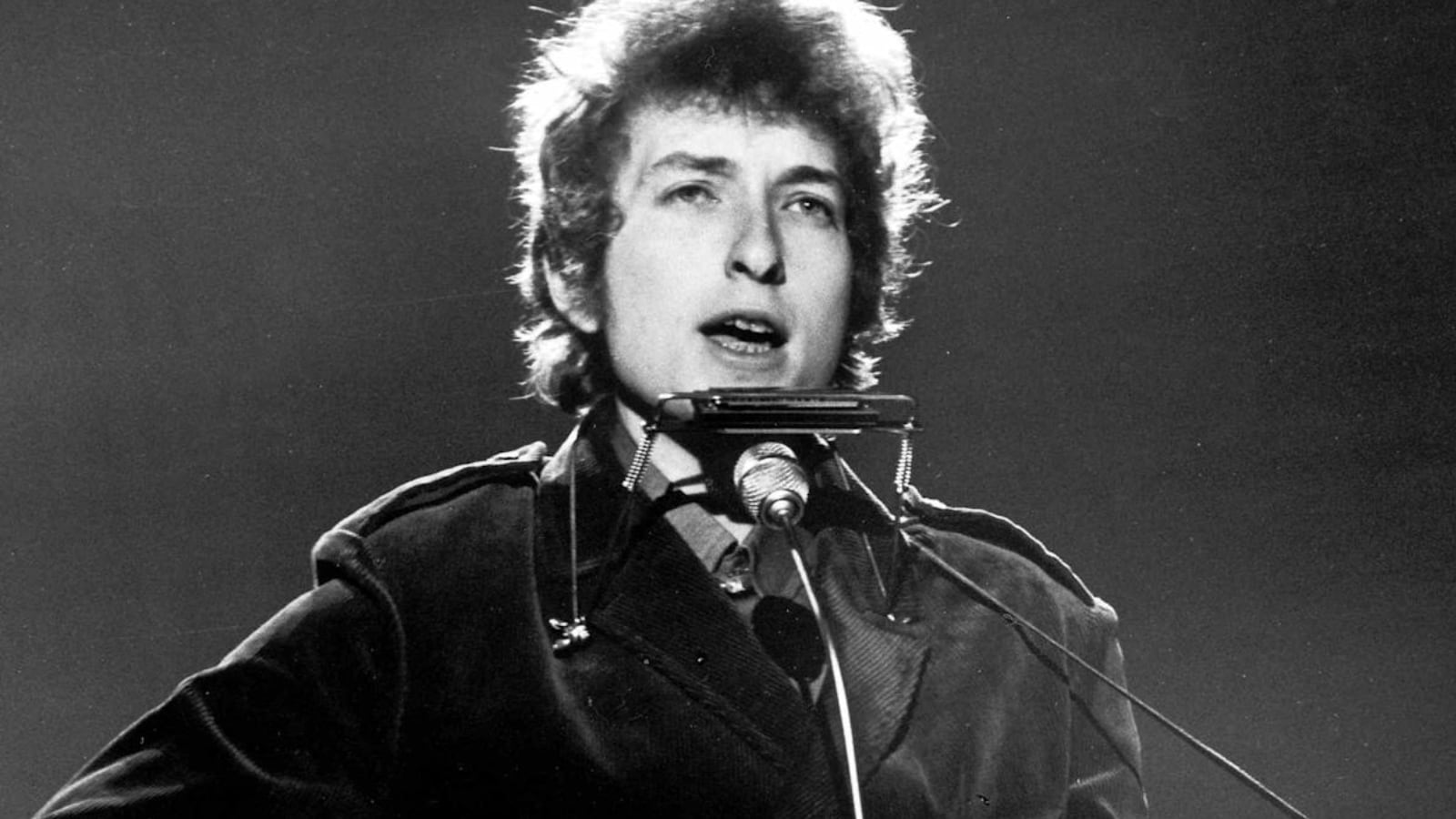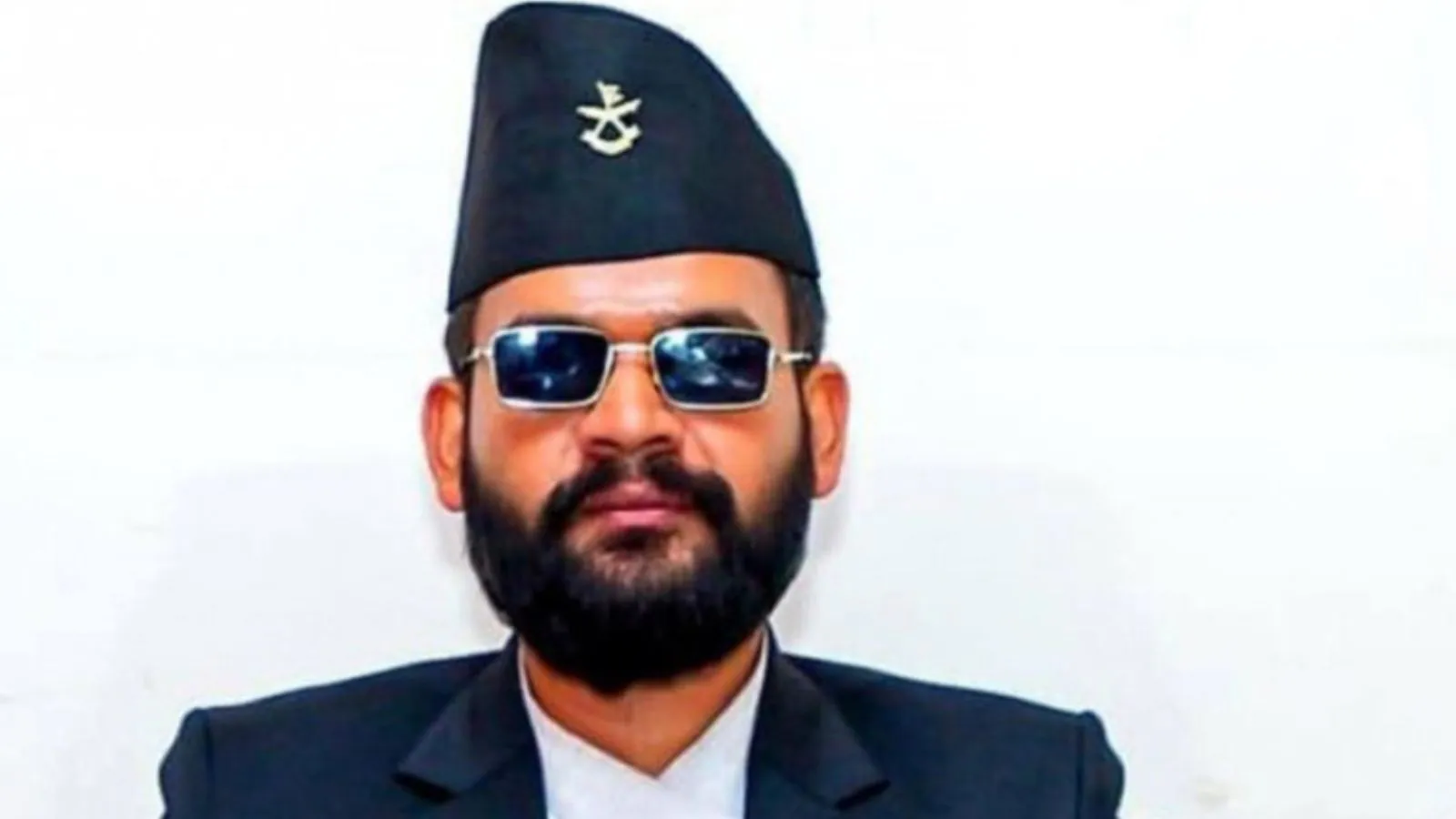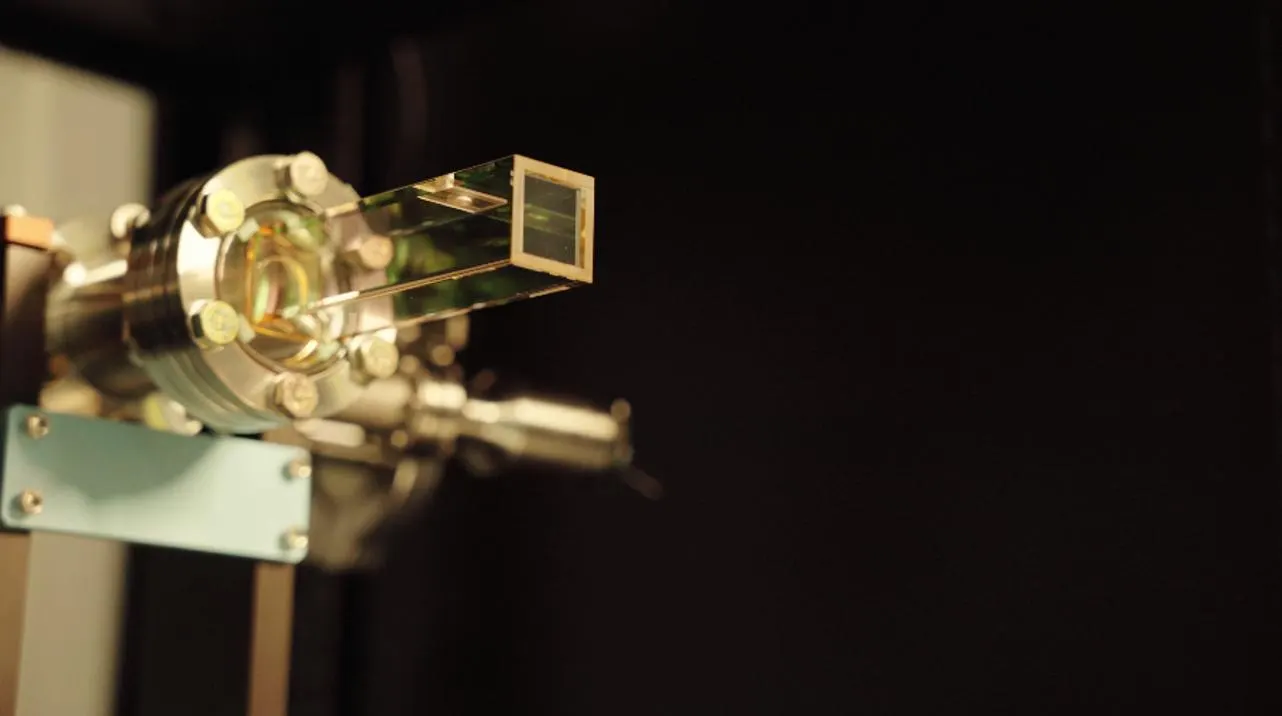By News18,Sahas Mahapatra,Yatamanyu Narain
Copyright news18

Bob Dylan’s influence on popular culture over his nearly seven-decade career is not unknown. But his groundbreaking moment at the 1965 Newport Folk Festival with his electric set simply became a turning point where tradition clashed with revolution. After it served as the emotional climax of Timothée Chalamet’s A Complete Unknown, award-winning filmmakers Robert Gordon and Joe Lauro are now bringing Dylan to life onscreen with the new documentary, Newport & The Great Folk Dream.
Newport & The Great Folk Dream uses rare archival footage and new interviews highlighting Bob Dylan’s electrifying moment, which ignited a culture clash and altered American music. It was then that the 24-year-old troubadour shocked the crowd on July 25, 1965, by going electric. Although his move scandalised folk purists, it redefined rock ’n’ roll music as the modern form of folk expression.
Newport & The Great Folk Dream Highlights Bob Dylan’s Newport Magical Moment
Newport & The Great Folk Dream premiered on September 5 at the Venice International Film Festival and sparked massive attention. As per People, the new documentary captures a series of behind-the-scenes footage of Dylan’s legendary set and teams them with new interviews from festival performers and organisers.
Joe Boyd, the festival production manager, explained in the documentary that at that time the acoustic guitar was represented as an instrument used for “sitting around the campfire, and everyone can sing along.” He added, “Once you get an electric guitar, it’ll be louder than everybody singing. The electric guitar became a symbol of this divided folk world.”
Bob Dylan Was Completely Influenced By The Beatles
The documentary then goes on to explore how the crown prince of American folk, Dylan was captivated when the Beatles arrived on American shores in February 1964. The singer had even visited them at a New York hotel before embarking on the journey into a completely different world of music. Besides music, he changed his denim-and-plaid folk singer uniform to Mod shirts and Chelsea boots, and his lyrics, which had begun with themes of political protest, were now transformed into surreal, layered poetry.
Newport Folk Festival founder George Wein said in an archival interview featured in the film, “In 1964, the country changed,” adding, “There was a dichotomy with young people when the Beatles came along. The folk world resented the Beatles because of the sound. The folk world was an acoustic world.”
“The folk music establishment thought Dylan was the guy who was going to lead folk music into a glorious future. And all of a sudden he sings ‘Mr. Tambourine Man.’ It’s not about politics or struggle. They could tell the times they were a-changin’,” explained Boyd.
Cultural Significance Of Bob Dylan’s 1965 Electric Set At Newport
By the time of his electric set, tensions were already pouring in between purists and progressives. “There was a lot of talk,” Boyd recalls. “People [were saying], ‘What’s Dylan gonna do.’ Dylan had a record in the charts that had drums and electric guitar on the record. And yet, he never performed that way.”
Dylan had asked three members of the Butterfield band (guitarist Mike Bloomfield, bassist Jerome Arnold and drummer Sam Lay) to join him for his electric set, courtesy of their young, fiery, and unapologetically electric nature.
Bob Dylan’s 1965 Electric Set At Newport Left Music Lovers Divided
Folk icon Pete Seeger, the spiritual leader of the festival stated, “I had to go back and hold Pete Seeger’s hand,” Wein says in the film. “He said, ‘Turn that sound down!’ I said, ‘Too late. Can’t do it.’ ”
“I was furious at the distorted sound — no one could understand the words of ‘Maggie’s Farm’ — and dashed over to the people controlling the PA system. ‘No, this is the way they want it,’ they said. I shouted, ‘If I had an axe, I’d cut the cable,’ and I guess that’s what got quoted,” Seeger later clarified.
But what happened ultimately gave rock music a completely different form.



